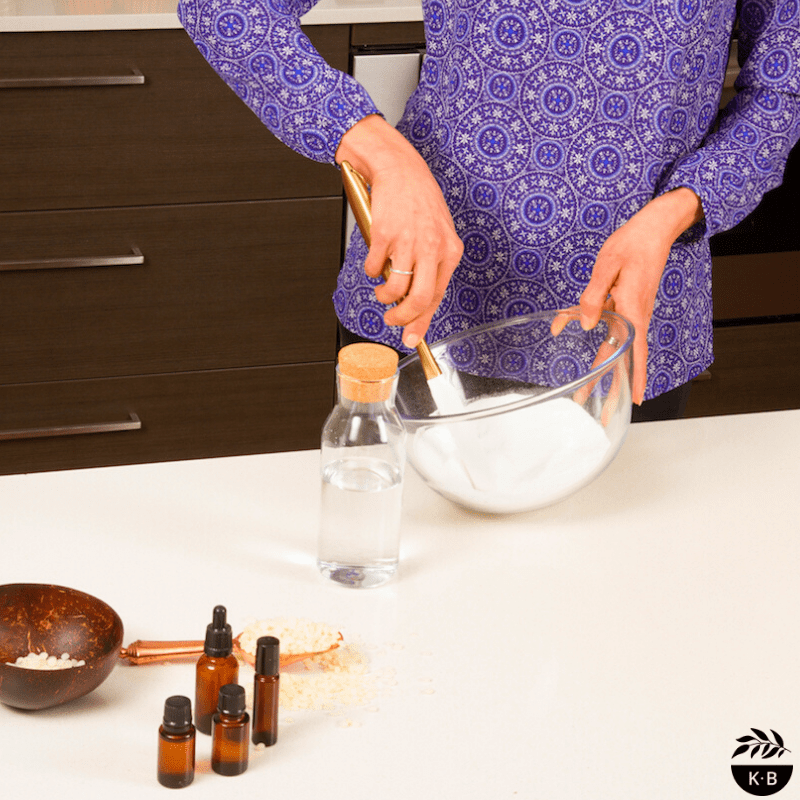 How I absolutely love the simplicity of DIY. I don’t think I will ever tire of the fact that 3-4 natural, easily accessible and nourishing ingredients, can create an effective alternative to mainstream products.
How I absolutely love the simplicity of DIY. I don’t think I will ever tire of the fact that 3-4 natural, easily accessible and nourishing ingredients, can create an effective alternative to mainstream products.
I am under no illusion, however, that DIY products will last as long as many of the personal care and cleaning products you might find lining supermarket and pharmacy shelves. This is because I actively choose not to use chemical preservatives in my recipes. In this post, I’ll explain why.
My Take On Preservatives
Remember, we are on a journey to reduce the number of toxins we’re exposing ourselves to. My aim has always been to provide you with simple, and achievable, recipes in order to help you create a life that is less toxic.
My intention is not to provide you with scientific formulations for products that can be mass-produced and distributed, and that includes markets and fetes. The idea is to make enough for yourself (and maybe a little extra to share) to use within a reasonable period of time.
Many of us (in general) have become accustomed to mainstream products with, what seems like, indefinite shelf lives, right? Chemical preservatives are usually what make that a possibility. We all want a long shelf life, it means less effort in the long run. However, a decision needs to be made on whether we prefer the simplicity of a DIY product, and knowing exactly what is in our bottle or jar, over the potential that these preservatives could be causing other issues within our bodies, and for the planet.
Be smart about it.
When we DIY, we need to exercise caution, remain vigilant, and exercise common sense as much as possible.
The reality is, we don’t create in sterile environments, and we don’t know exactly how our completed recipes will behave. Because there are so many variables with every single recipe, I can’t accurately predict shelf life for your products on your counters and shelves. Even the testing I have done at home would be considered amateur and again, it varies each time. What I can do is give you a guide, which will help you get the most out of your products, and the longest possible lifespan.
Something I need to make sure everyone understands is this: if you are not comfortable with the concept of DIY, DON’T DO IT! Or, find a recipe you are comfortable with.
We all need to be content with our own choices, and what works for me may not work for you. My recipes were written by me, based on my experiences with my family, and I’ve chosen to share them with you.
Sometimes people question the lack of chemical preservatives in my water-based recipes. Fair enough too, as water is a breeding ground for bacteria. From my experiences, I haven’t ever had any issues with my water-based recipes. Yes I know, bacteria can grow and be invisible to the naked eye, but I can only speak from my experience, and we don’t just survive in my household, we thrive.
This is how I see it: yes you could add a preservative to your products. If you choose to do so, please do your own thorough independent research on how much to add and be careful handling them. But keep in mind that many of the preservatives that are often recommended for use by DIY formulators contain the very ingredients I am trying to avoid (and not support), such as phenoxyethanol, parabens, propylene glycol, etc. Even though the word on the street is that they’re safe under certain percentages, I am not convinced. Chemicals are often tested independently, if they’re tested at all, and I don’t know how they might react with whatever else I put on my body that day.
I’d also ask you to consider the fact that we don’t live in sterile environments and that we’re surrounded by bacteria, mould and fungi all day every day; public spaces with surfaces that are touched by so many, the hands serving us, the money we handle; homes and surfaces like door handles, tv remotes, makeup brushes and kitchen sponges and chopping boards we should wash more often but don’t, and even that tub of play dough or slime the kids keep getting out and playing with. And, what about the backyard clam shell pool we all used to swim in as kids? I remember my own kids using these and only changing the water when it felt slimy. Not ideal, granted, but it didn’t harm us. We’re literally surrounded by ‘germs’.
I’m not saying that means we can be reckless but I do think we need to be reasonable. If we are in general good health, I personally don’t think that a DIY hand wash or toilet spray, without an added chemical preservative, will negatively impact us. That’s my opinion remember, you can form your own!
Of course, if your immunity is compromised, then you might like to be extra cautious.
I remain adamant that the best option for mankind, and planet, is to strip it back, keep things simple, but to listen to instinct and go with what feels right. If my lack of preservative use is a concern for you, please don’t make my recipes, or tweak them and add some. If the ratios and suggestions of essential oils don’t suit you, don’t use them or alter them. If I recommend ingredients that don’t suit you, or that you interpret as being inadequate/detrimental, then use something else or find another recipe.
You’re entitled to your opinion, as am I, and there are plenty of people on the world wide web that are sharing DIY recipes so be free and explore, if you like.
Regardless of what you decide, whether you carry on with my DIY recipes, or not, please don’t bail on your quest for a more natural life. There are brands making and stocking beautifully natural products, adequately preserved, so you don’t have to worry about it. Check out Biome, Clean Nectarine and Flora & Fauna.
Long story short, my recipes meet my needs.
I am so happy to be using them and sharing them with whoever wants to give them a go!
Basic Guide To Shelf Life
〉Products that don’t contain preservatives can start spoiling even before they are visible to the naked eye. Water is the perfect breeding ground for bacteria and mould to grow and I am mindful to be extra conservative with washes, toners and other water-based recipes. These are best used within a few weeks (some would even argue days), however, I personally have my batches for four to six weeks at a time. Storing water-based recipes in the fridge will naturally extend the shelf life further. If you’re ever in doubt, make smaller batches and keep them for a few days to a week, just to be safe.
〉Body and face scrubs with only salt/sugar and oil should last several months, some even one year onwards, providing they’re not contaminated with water (or bacteria from fingers). Scrubs with fresh ingredients such as citrus peels, coffee grounds, lavender and rosemary (that aren’t fully dehydrated) may only last a week or two.
〉Dry botanical and powder-based products usually hold a shelf life upwards of one year.
〉As a rule of thumb, your oil-based products will usually hold a shelf life that is equal to the shortest expiry date of your individual raw ingredients.
〉You might choose to keep cleaning recipes around for longer, due to the fact you aren’t applying them directly to your body. That’s up to you.
Some Useful Notes
〉Sterilising utensils and packaging before use will remove unwanted dust and bugs from the get-go. I like to wash in hot soapy water, rinse with clean water, then swirl a little vodka in bottles (with narrow openings), thoroughly drying before use.
〉Choosing amber or cobalt blue packaging is better than clear as it helps prevent sunlight penetrating (and this can cause your products to degrade or spoil faster).
〉Storing your products in airtight jars, bottles or containers in a cool and dry place, away from sunlight, dust and excess moisture/humidity is imperative for most recipes. Storing water-based products in the fridge is even better.
〉You can preserve the integrity of your products by using clean, dry implements to scoop, rather than wet or dirty fingers.
〉Most essential oils contain antimicrobial and antibacterial properties. This may help extend the shelf life of your creations.
〉Adding vitamin e to your oil-based recipes will slow down the rate at which oils will go rancid. It won’t extend the shelf life of water-based recipes.
〉In water-based recipes, use distilled, filtered or boiled and cooled water without exception.
〉Always, always, always, always be vigilant and exercise common sense. If your product smells or looks unusual, it is best to discard it. It’s just not worth taking that chance.
Safety Information
Exercise caution in the kitchen, especially with your appliances, tools – knives, glass bowls etc. Basically, apply the same rules for cooking food in the kitchen. However, there are a few extra considerations when DIY-ing natural body care and cleaning, and I’ve listed them below, in no particular order.
〉Regardless of how natural something might be, always treat ingredients with respect, care and caution.
〉Take care not to inhale any dust matter. Wear a mask when working with loose, powdered ingredients.
〉To avoid reactions and irritation, I always advise that you test ingredients (especially essential oils and those you haven’t used before) on a small area of skin, being mindful of any irritation or sensitivities that may arise.
〉If you’re concerned about the quantities of essential oils used in any of the recipes, reduce them or leave them out – make sure you’re comfortable with every step in the process.
〉Stick to the suggested melting temperatures to avoid overheating balms and essential oils. This will help protect the beautiful properties of these ingredients.
〉Be mindful that some of my recipes may not be suitable for everyone, particularly pregnant and breastfeeding mothers, infants, children, the elderly and those with compromised immunity or medical conditions.
〉If you decide to gift any of these completed recipes, keep in mind that some essential oils, and the quantities suggested, may not be suitable for everyone. Exercise caution and do your own independent research. Also, make sure you list every ingredient used for the recipient’s benefit – this is especially important when it comes to allergies.
〉Surfaces get oily easily and that makes them incredibly slippery. Move slowly around your workspace and keep it clean and organised.
〉Be careful when using body scrubs, salts, melts etc. in the bath and shower as they may leave the tub and floor quite slippery.
〉Always supervise children when DIY-ing, but also around ingredients and finished products.
Once you get the hang of it, and maybe adjust your expectations a little, DIY can be incredibly rewarding, uncomplicated and beautifully sustainable.
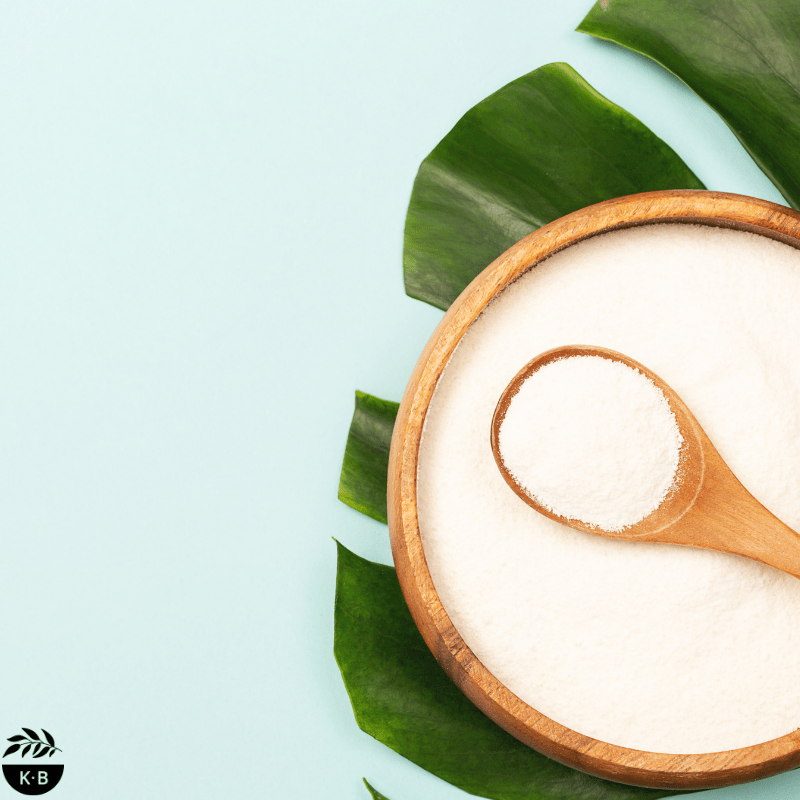
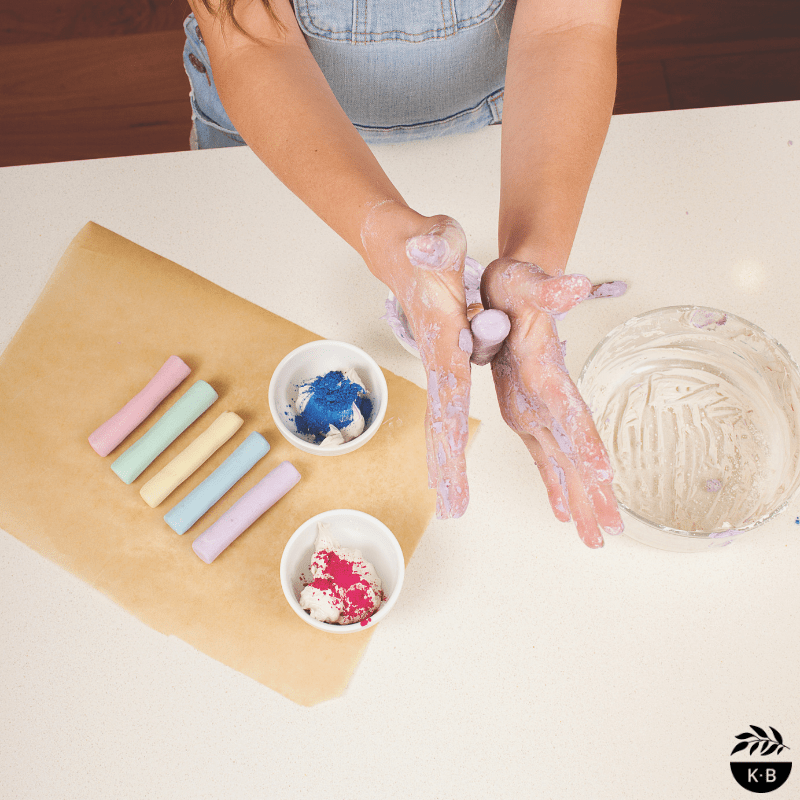
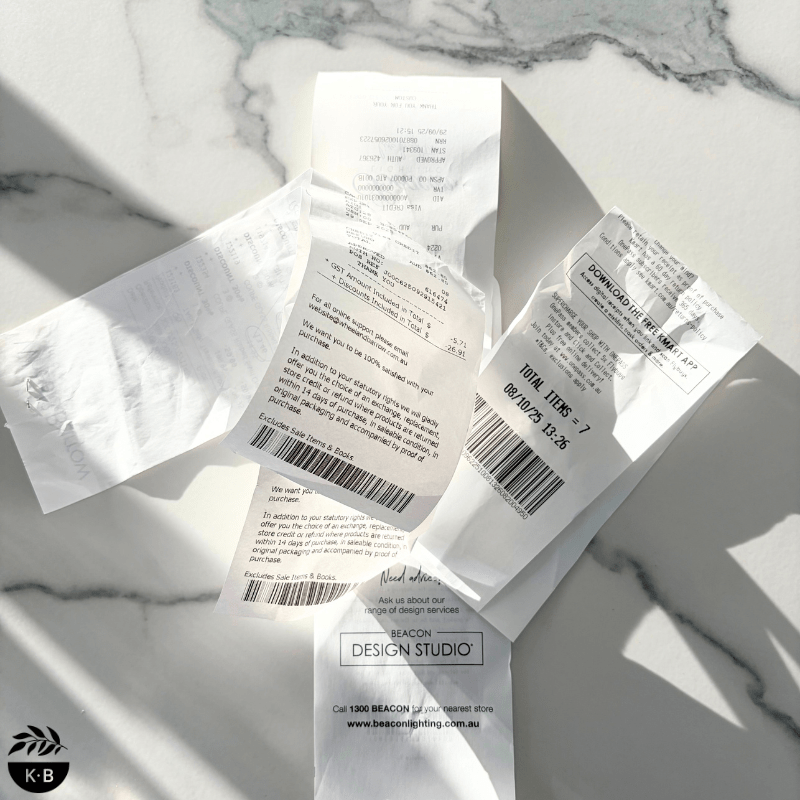

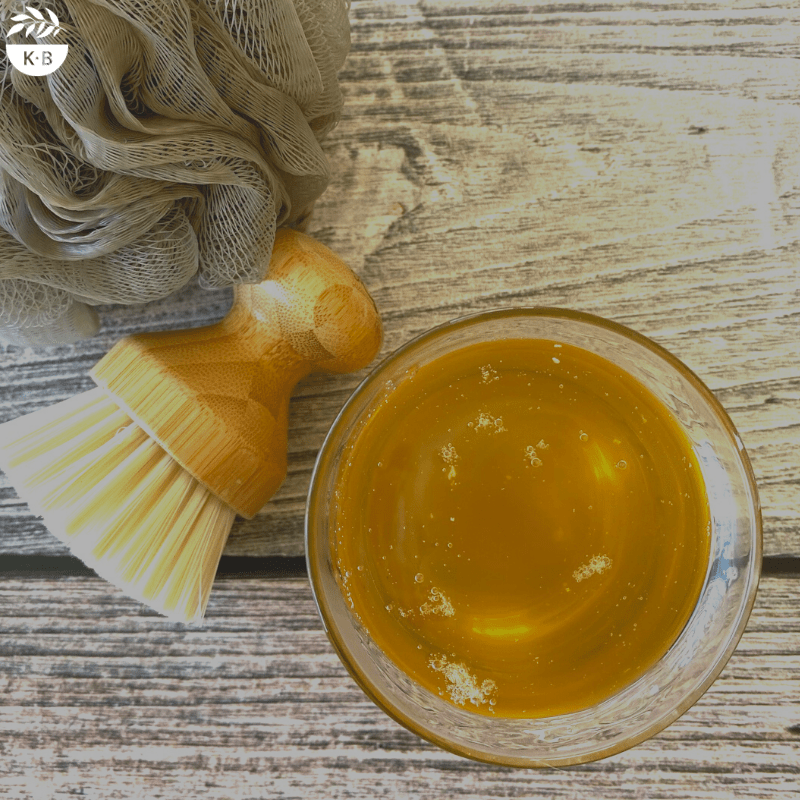
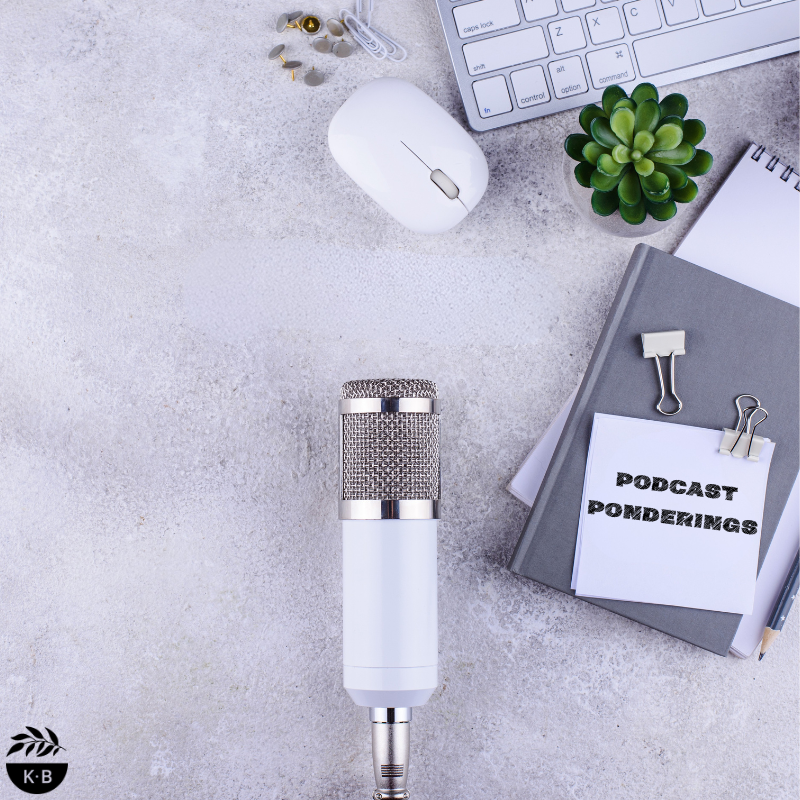
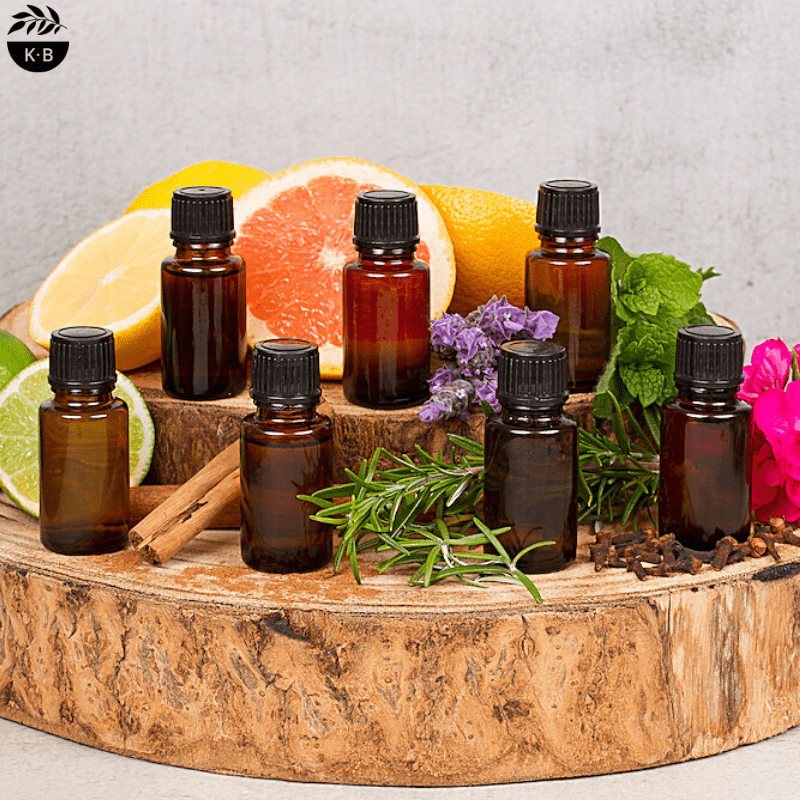
6 Comments
Is your magnesium butter considered oil based? I see the note about sterile water however, the butter is mostly comprised of oil based materials.
A little water is required to dissolve the magnesium.
CN i use a metal/ steel 4 on spray bottle instead of glass??
I’m not sure I’m understanding your question. Can you use metal bottles? Depends which product. Vinegar based recipes tend to affect cheap metal bottles. I prefer to use glass or HDPE plastic.
thanks for sharing your thoughts on preservatives
Thanks so much for sharing your recipes. I fully agree with your comments regarding ingredients and the choice of what to use. One should use their own choice and use their own discretion when preparing diy products. No way can one cover all the exceptions and choices available. Come on people, use your head!
Jo Anne Kinney